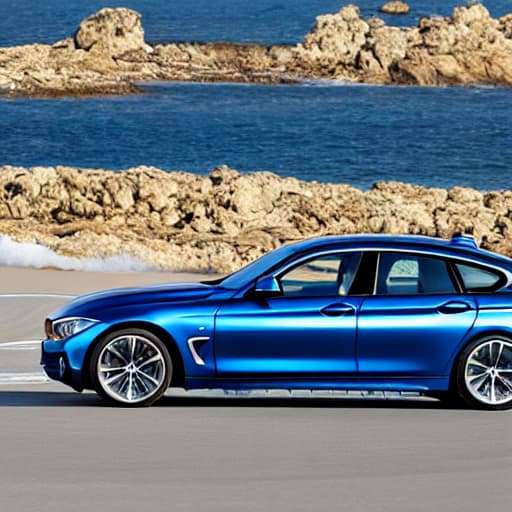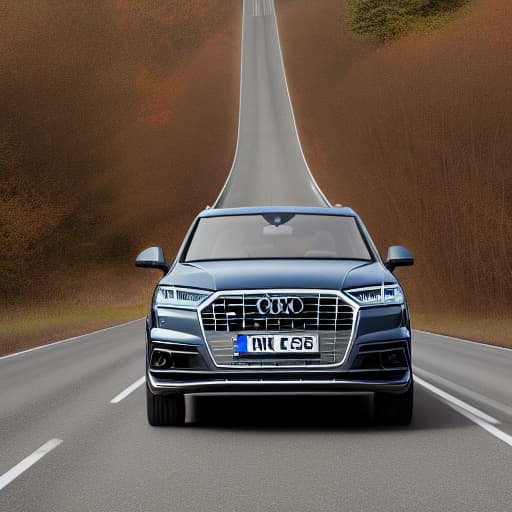Call Monday-Friday 9am - 6pm Closed Saturday & Sunday



[ Contact Us ]
Need Help? Calling from a mobile please call 0151 647 7556
0800 195 4926Do you have a question? or need help?
Call Monday-Friday 9am - 6pm Closed Saturday & Sunday,
Car leasing in the UK is a popular choice for those looking for a new car. If you lease a personal car it can be a cheaper option than buying a car outright, and there are many different types of lease deals to choose from.
Business car leasing was traditionally the domain for this type of financial arrangement. However, in recent years those looking for a brand new car have moved towards personal contract hire car lease deals.
Predominantly lower monthly payments have been the driver for the interest in lease car options. However, there are a number of features that brings a surety with car leasing that you may not find with other forms of car finance.
But how does car leasing work, and what do you need to know before you sign up?
This article will tell you everything you need to know about leasing a car in the UK.
Car leasing is a financial arrangement when you rent a brand new car from a dealership for a set period of time, usually two to four years. You may pay an initial rental amount (a deposit if you like). You will then make fixed monthly payments to the dealership, or leasing company, and at the end of the lease you will return the car.

Typically a contract hire agreement consists of two things
This initial payment, which acts as a deposit effectively, is normally a multiple of the monthly lease payments, or rentals. This can be 3, 6 or 9
The lease agreement length can be anywhere between 12 and 60 months, although 24-48 months are most common. The monthly cost is evenly split, meaning the same fixed monthly payments are due throughout the agreement.
There are several benefits to leasing a car, including:
When you lease a car, you will usually only have it for a couple of years before you need to return it. This means that you can always drive a new car, without having to worry about selling your old one.
As mentioned, leasing a car can be cheaper than buying one outright. This is because you will only be paying for the depreciation of the car, rather than the full price, plus interest.
Car road tax is normally included in your fixed monthly cost and free nationwide delivery is also available.
As you will only have the car for a few years, you won’t need to worry about major repairs or maintenance. Many car lease contracts are for 3 years or less, so MOT's do not have to be a factor either with a car lease deal.
Bear in mind if you go for an electric car on a lease, electric vehicles are often less of an issue to maintain. If you need your car to cover long distances you would need to check the capability of any electric car. Few come with a huge range in terms of miles on a full charge, and the ones that do, like Tesla, can come with a large price tag.

There are also some disadvantages to leasing a car, including:
Once you have decided that leasing a car is the way to go, how do you go about finding the best deal for you?
There are a few key things to keep in mind when you are looking for a lease deal:

Now that you know what to look for in a lease deal, how do you make sure you get the best possible deal?
Here are a few tips:
There are a number of places you can check where to find the best car leasing deals
There are a number of comparison style websites available online. You can scan through the available deals, or if you know which vehicle you want, you can enter your particular requirements and compare the deals that pop up.
The websites will normally be able to split the offers to personal leasing deals and those for business lease. This way you can filter to only show the right lease car deals for you.
Business leasing will normally show prices exclusive of VAT, whereas personal contract hire deals will normally shows the fixed monthly fee inclusive of VAT.
Examples of the leading comparison sites for car leasing deals would be:
The advantage using these websites to compare car leasing deals in this way is that you can seen multiple deals on the same vehicle. However, you may not see all the all the deals available in the market. Advertising deals on these websites comes at a cost, so not all the deals may be shown.

There are a couple of aspects of a lease agreement that could see you have extra charges levied at the end of the lease agreement, when you hand the car back.
One we have already mentioned. Your lease payments are calculated on a number of factors, one of which is the annual mileage you opt for. The theory behind this is the more miles the vehicle covers the more it could depreciate in value. So if you end up handing the car back with more miles on than you said you would do, the leasing company could charge you an excess mileage penalty.
The other aspect to consider when you hand the lease car back is the condition of the bodywork, interior, tyres and so on. Whilst your least contract will normally allow for normal wear and tear, you will normally see extra fees charged for the likes of:
scratches and dents to the bodywork
dirty or ripped upholstery
tyres damaged or having a below legal tread depth
no services done as required
The British Vehicle Rental and Leasing Association provides fair wear and tear guidance to both leasing companies and consumers on this field.
One way to help keep control on the condition of your lease car is to consider taking an insurance policy out that protects against cosmetic bodywork repair costs, should you damage your vehicle.
These would include:
Depending on how you secure your car lease agreement, you may also want to check what implications it can have on your personal tax allowance in the UK. If your lease car is secured through a business (either your employer or your own business) then this could impact your tax implications. A lease car can be seen as a 'benefit in kind' for tax purposes.
The is a handy benefit in kind calculator provided by the Government. You can access it here - Car benefit in kind calculator
If you are taking on the vehicle by personal car leasing then you should not see any benefit in kind tax issues.
It would be best to check with an accountant to make sure of your position.
So there you gave it, the car leasing journey in a nutshell. If you are not too concerned about owning a car outright, and like the idea of running a car for a fixed monthly sum, have your road tax paid and don't have to worry about depreciation over the contract length then car leasing might be for you.